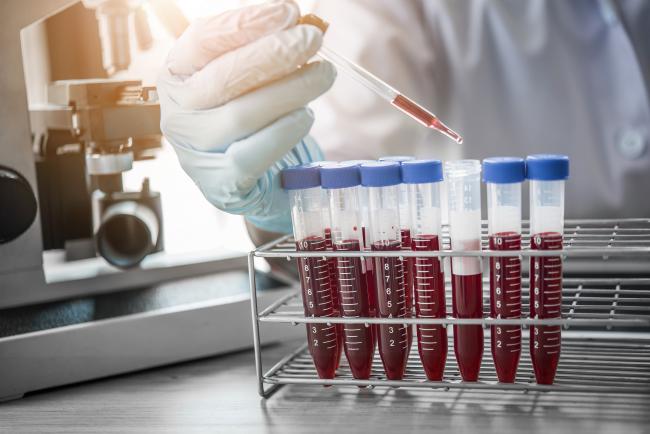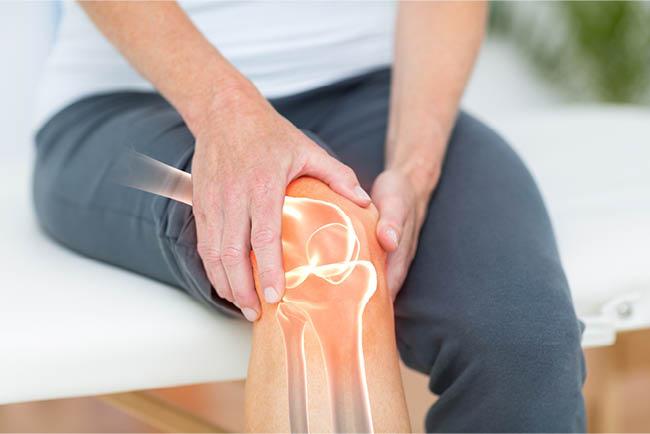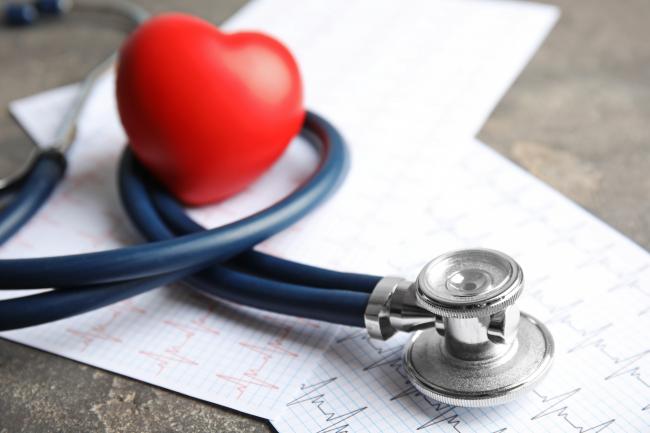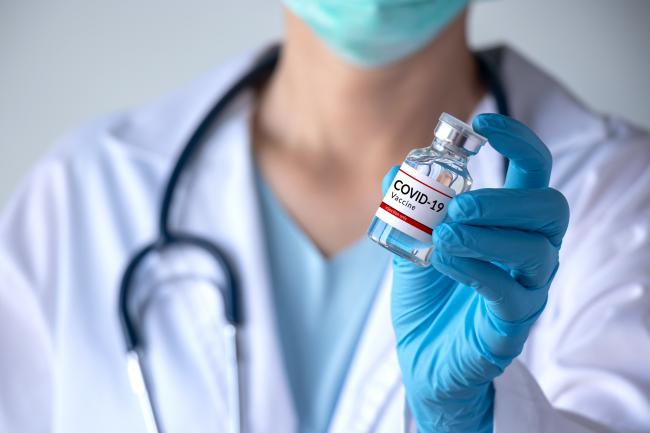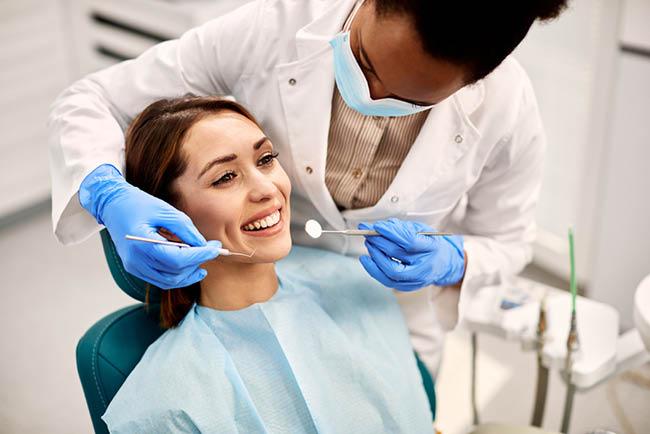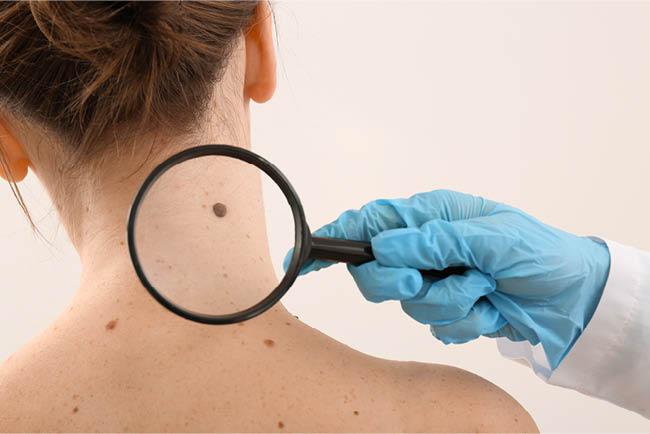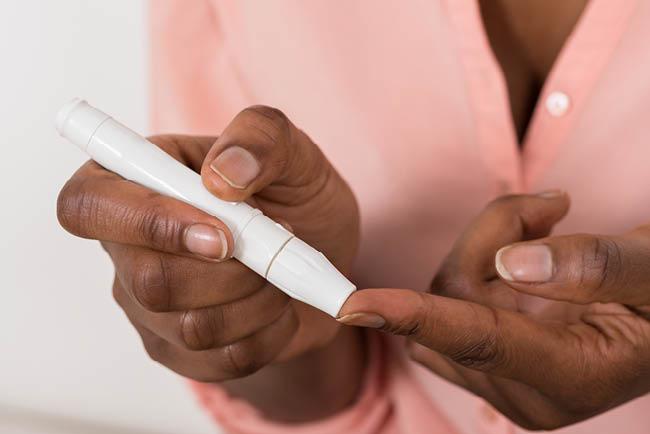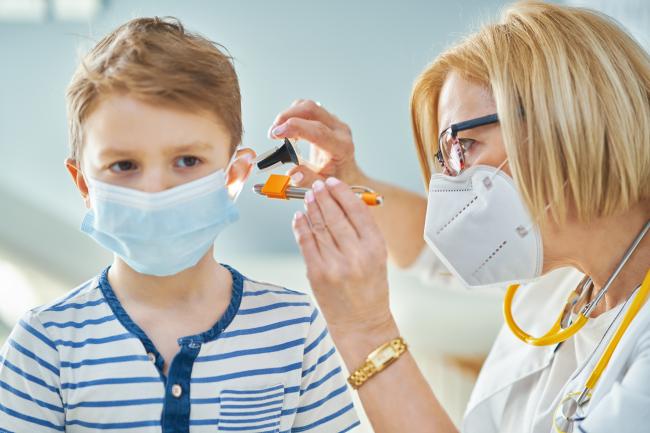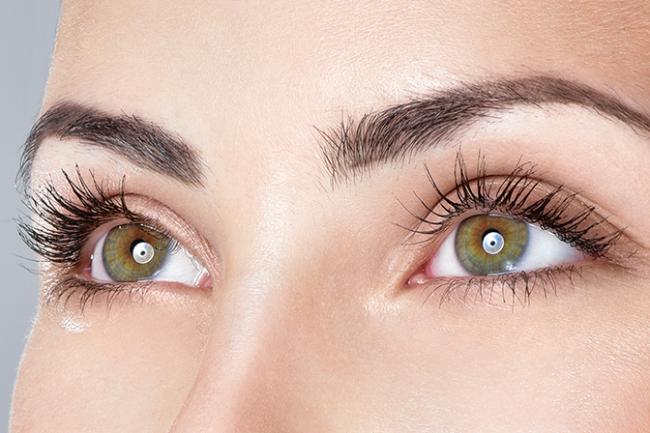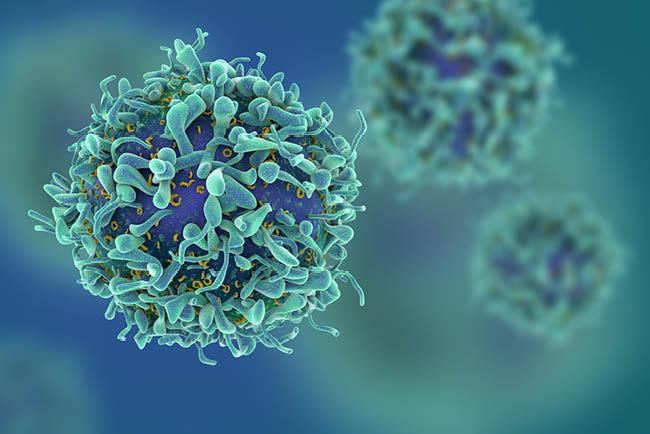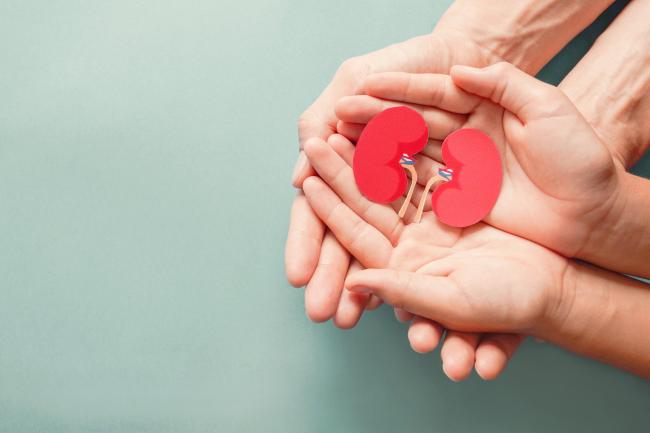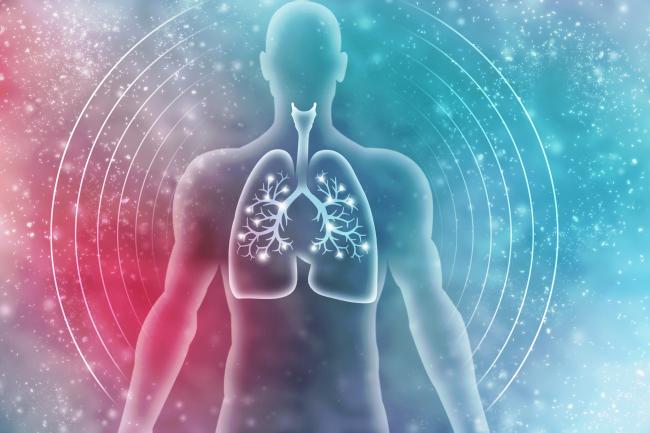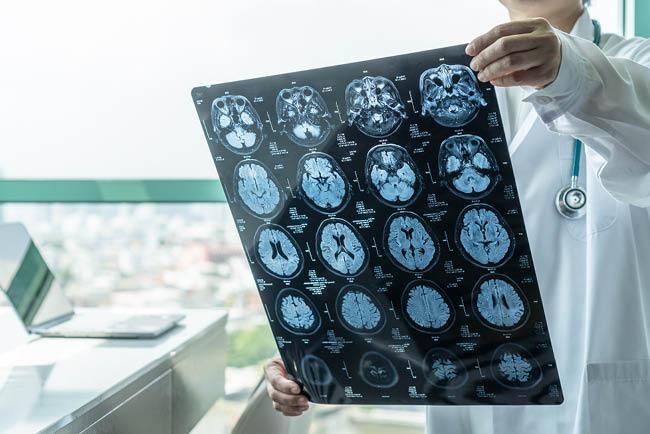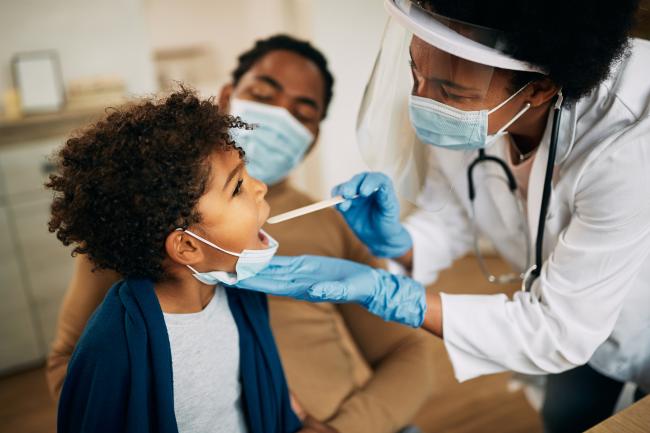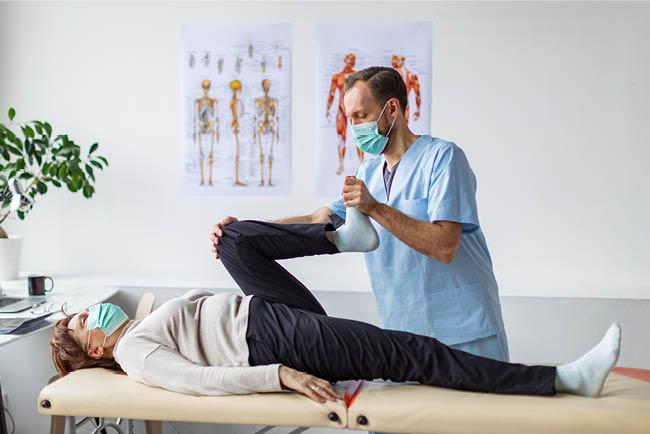Search Studies
Research studies are looking for volunteers just like you. Both healthy volunteers and participants with specific health conditions are needed to help answer important questions impacting the health of our friends and family. Join us to improve the health of others.
-
Metabolism Research Study--Healthy Volunteers Needed
Official Title Adipocyte-T Cell Interactions Modulate Adipose Inflammation and Insulin Sensitivity Following Weight GainPurpose
The purpose of this research study is to better understand the role of fat tissue, how cells in fat tissue communicate, and determine what signals specific cells use to cause inflammation and insulin resistance during weight gain. This may help researchers better understand the process that happens in Type 2 Diabetes. As a result, through the course of six--nine weeks, participants will be asked to gain at least 10% of their starting body weight. A dietitian will meet with participants to give advice to help with meeting the study weight gain goals, as well as provide additional meal vouchers and supplemental shakes as needed. Following the study, participants will receive guidance how to lose the weight they've gained if they would like to do that.
Could this study be right for you?
You may be eligible if you:
- Are 18-60 years of age
- Are lean; Have a BMI 18-24.9 kg/m2 (*see link below for calculating your BMI -- Body Mass Index)
- Have healthy levels of cholesterol and triglycerides (These will be tested at screening)
- Are a non-smoker
- Are non-diabetic
- Are free of chronic illness
- Are not pregnant or breastfeeding
Exclusion Criteria:
- Fasting triglycerides > 150 mg/dL or nonfasting triglycerides ˃ 250 mg/dl
- LDL-Cholesterol level > 150 mg/dL
- Presence of significant anemia (hemoglobin <10.0 gm/dL)
- Currently or planning to take blood thinners
- Current smokers
- Have taken steroids or anti-inflammatory meds for >6 months in the last 6 months
- >10% body weight loss within 3 months of enrollment
- *Other exclusions may apply
Age Range
18 and up -
Parent-Infant Eye Tracking Study for Children With and Without Hearing Loss
Official Title Development of Parent-Child InteractionsPurpose
This study will examine how a child’s hearing loss may affect the dynamics of parent-child interactions. The study will observe how normal-hearing and hearing-impaired child learn novel words during videotaped parent-child interactions.
Individual study visits may last 30-45 minutes, and there may be multiple study visits per year.
Could this study be right for you?
- Families with children 9 months to 6 years of age
- Children who do and do not have hearing loss may be eligible to participate in this study
-
Performance and Cognitive Changes Across Menstrual Phase
Official Title Performance and Cognitive Changes Across Menstrual PhasePurpose
This study will look at the influence of the hormonal changes that occur between the early-follicular and mid-luteal phases of the menstrual cycle on neurocognitive performance before and after an intense resistance workout in premenopausal, moderately active females. Additionally, this study will be determining the accuracy and usefulness of using a menstrual cycle tracking phone application in predicting menstruation and ovulation
Your participation in the study will last between 2 and 3 months dependent on where in your current menstrual cycle you are upon enrollment in the study. There are 6 total visits across the 2 to 3 month study duration.
Could this study be right for you?
The eligibility criteria are as follows:
- Be between the ages of 18 and 35
- Participate in at least 3 hours of planned physical activity per week
- Able to squat 100% of your body weight
- Able to bench press 70% of your body weight
- Using non-hormonal contraceptives
Age Range
18 and up -
Perinatal Arterial Stroke: The I-ACQUIRE Study
Official Title Perinatal Arterial Stroke: The I-ACQUIRE StudyPurpose
Children who suffered a stroke before or shortly after being born that was caused by blockage of blood flow in an artery, it often results in the child showing some weakness on one side of their body.
With this study, we want to find out if a type of therapy may help children who have weakness on one side of their body due to perinatal arterial ischemic stroke, learn how to better use their weaker arm.
All children will be in the study for about 13 - 15 months. Some children may be in the study for a longer period, depending on which treatment they receive during Phase 1 of the study. The I-ACQUIRE therapy involves fun learning and play, self-help activities, and manipulating interesting toys and objects.
Could this study be right for you?
- Your child must be between the ages of 8 and 36 months old when beginning this study
- Your child must have suffered a perinatal arterial ischemic stroke
- Upper limb weakness
- Parents must be able to participate at least 1x/week for therapy and 40-60 minutes/day at home
-
Registry for Shoulder Surgery Outcomes
Official Title Shoulder Surgery Outcomes RegistryPurpose
This registry will collect outcomes data of patients undergoing shoulder surgery with Dr. Jonathan Barlow or Dr. Julie Bishop. The purpose of this registry is to provide a way to collect and store data for patients undergoing shoulder surgery to support the conduct of future research in an effort to improve patient outcomes.
Could this study be right for you?
- A patient undergoing surgery with Dr Jonathan Barlow or Dr Julie Bishop (will be asked to enroll once the clinical decision has been made to proceed with surgery)
- 18 to 89 years old
- Able to provide consent
Age Range
18 and up -
Reviewing and Evaluating Resources Related to Dizziness and Home Based Therapies
Official Title Usability & Acceptability of a Patient-Oriented Educational Resource for DizzinessPurpose
The purpose of this study is to look at a web-based tool on the topic of dizziness so that we can create resources for teaching patients about causes of dizziness and home-based therapies. We are recruiting patients with dizziness and/or general volunteers to review the web-based tool and then provide feedback which will then be used to help update requirements for the educational tool. This study will take about 20-30 minutes of your time to review a website and complete a survey. If you decide to also participate in the discussion, it will take about 20-30 more minutes.
Could this study be right for you?
- Participants must be 18 years or older
- Able to speak and read English at an eighth-grade level or above
- Be willing and able to participate
Age Range
18 and up -
Studying a New Method to Evaluate Blood Flow in Patients with Peripheral Artery Disease (PAD)
Official Title Radiotracer Imaging of Lower Extremity Skeletal Muscle Perfusion in Patients with Peripheral Arterial DiseasePurpose
The purpose of this study is to study a new method to evaluate blood flow to the calves and feet. We hope this information can help evaluate the effectiveness of treatments and predict clinical outcomes.
Could this study be right for you?
-Diagnosis of Peripheral Arterial Disease (PAD) OR leg symptoms, such as muscle pain or cramping AND/OR foot wound that has required medical consultation
- Healthy volunteers must:
- Be at least 40 years of age
- Have no history of cardiovascular disease (including high blood pressure)
- Have no history of diabetes mellitus
- Be a non-smoker
- Have normal BMI
Age Range
40 and up -
Studying the Effects Nitrous Oxide (Laughing Gas) Has on Aggression
Official Title Nitrous Oxide and Cortico-Limbic Function in Aggression (Laughing Gas Study or LGS).Purpose
The purpose of this study is to see how laughing gas (nitrous oxide) changes brain activity in study participants with and without “anger issues”. Brain activity is measured by Magnetic Resonance Imaging.
The length of time you will be involved in this study will be 4-8 weeks.
Could this study be right for you?
- You are a medically healthy man or woman
- You are between the ages of 21 and 55 years of age
- Do not abuse alcohol or other drugs
- With a current history of “anger issues”
- Able to complete study sessions during the week
Age Range
21 and up -
The ARCADIA Study -- A medication study for prevention of recurrent ischemic stroke
Official Title AtRial Cardiopathy and Antithrombotic Drugs In prevention After cryptogenic stroke (ARCADIA)Purpose
The purpose of this research study is to compare the effects (good and bad) of apixaban with the effects (good and bad) of aspirin in patients with unexplained strokes and atrial cardiopathy to see which is better at prevention of future strokes.
Could this study be right for you?
- You are at least 45 years old
- Clinical diagnosis of ischemic stroke* of unknown cause (ESUS or cryptogenic) in the last 120 days
- Underwent an echocardiogram as part of your stroke work up
- No history of atrial fibrillation (irregular heartbeat)
- No known allergy or intolerance to aspirin or apixaban
*An “ischemic” stroke is an injury to the brain caused by a blocked blood vessel supplying the brain.
Age Range
45 and up -
The Family Risk Study
Official Title Parental History of Suicidal Behavior and Early Markers of Risk in Pre-pubescent YouthPurpose
The purpose of this study is to learn what factors may be related to suicide attempt(s) in children (ages 6 - 9) that have a parental history of suicidal behavior in hopes that this information will help prevent and treat self-harm behavior in youth at high risk.
Both parents and children will complete questionnaires, interview questions, and a family discussion in addition to problem solving tasks and computer games.
There are multiple study visits. The first will last about 2.5 to 3 hours and all other appointments will occur annually from your first appointment. Due to COVID-19, families will have the option to conduct annual follow-up appointments via telephone. These annual telephone visits will last approximately 30-45 minutes. If the annual visit is conducted in-person, it will last 1.5 to 2.5 hours.
Could this study be right for you?
- Parents and children must be able to read and understand English fluently
- Child is 6 to 9 years of age
- Meet other criteria (e.g., no traumatic brain injury) for the study
Age Range
6 and up -
The Ohio State Lupus, Vasculitis and Glomerulonephritis Registry
Official Title The Ohio State Lupus, Vasculitis and Glomerulonephritis RegistryPurpose
The purpose of the OSU Lupus and Vasculitis Registry is to obtain clinical and laboratory information about lupus and vasculitis and glomerulonephritis.
Could this study be right for you?
Patients at the Ohio State University Rheumatology and Lupus Clinic with one of the following diagnoses who are ages 18 years of age and older:
- Systemic lupus erythematosus
- Discoid lupus
- Mixed connective tissue disorder
- Undifferentiated connective tissue disorder
- Wegener’s granulomatosus
- Microscopic polyangiitis
- Henoch-Schonlien Purpura
- Takayasu’s arteritis
- Giant cell/temporal arteritis
- Churg-Strauss vasculitis
- Other vasculitides
- IgA nephropathy
- Anti-GBM GN
- Membranous GN
- Minimal Change Disease
- Focal Segmental Glomerulosclerosis
Age Range
18 and up -
The REGENERATE Study - A study to evaluate the effectiveness and safety of a medication (Obeticholic Acid) for those with NASH (nonalcoholic steatohepatitis)
Official Title A Phase 3, Double-Blind, Randomized, Long-Term, Placebo-Controlled, Multicenter Study Evaluating the Safety and Efficacy of Obeticholic Acid in Subjects with Nonalcoholic SteatohepatitisPurpose
This research study is for those who have nonalcoholic steatohepatitis (NASH) (meaning your liver is swollen and damaged because of a buildup of fat in your liver) and some liver fibrosis (which is damaged and scarred liver tissue). Because of your condition, you may be eligible for a research study on an investigational drug for your condition. The Regenerate Study will assess the safety and effectiveness of the investigational medication obeticholic acid (OCA) compared to placebo in delaying specific medical conditions or health related issues that can occur in patients with nonalcoholic steatohepatitis (NASH) (meaning your liver is swollen and damaged because of a buildup of fat in your liver) and some liver fibrosis (which is damaged and scarred liver tissue).
Could this study be right for you?
- Age 18 or older
- Diagnosed with Stage 2 or 3 NASH (nonalcoholic steatohepatitis--meaning your liver is swollen and damaged because of a buildup of fat in your liver) and some liver fibrosis (which is damaged and scarred liver tissue).
If you are eligible and decide to take part in this research study, you will need to complete 1 or 2 screening visits to see if you are eligible to participate in the study. Once the study doctor determines you can participate in the study, you will be asked to come back to the clinic 8 times (for the Month 0 [Day 1] Visit, the Month 1 Visit, the Month 3 Visit, and then every 3 months) for the first 18 months you are in the study and then 2 times per year (every 6 months) for each additional year you are in the study.
Age Range
18 and up

